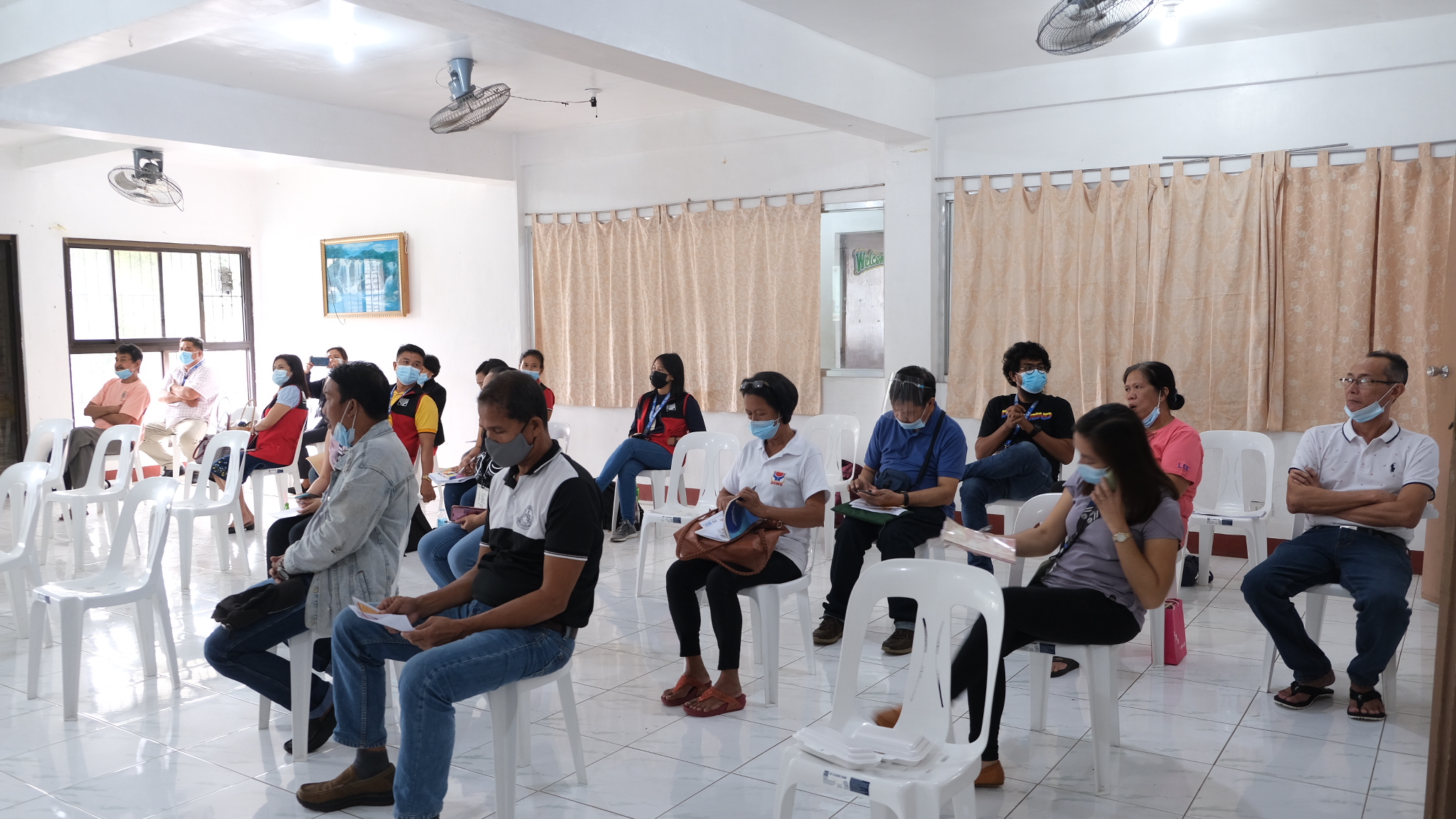The Department of Social Welfare and Development Kapit-Bisig Laban sa Kahirapan – Comprehensive and Integrated Delivery of Social Services (DSWD KALAHI-CIDSS) will assess 26 local government units (LGUs) of the Bicol Region on good governance this February, 2021.
The capacity assessment determines the municipality’s readiness and capacity to participate and undertake KALAHI-CIDSS’ implementation this year.
The activity measures good governance using the nine (9) United Nations Development Programme (UNDP) characteristics as proxy indicators and existing LGU performance assessment indicators set by different national government agencies (NGAs).
The 9 UNDP characteristics are the following:
| Key Areas of Assessment | Description |
| Participation | This means that all men and women should have a voice in decision-making, either directly or through legitimate intermediate institutions that represent their interests. |
| Rule of Law | Legal frameworks should be fair and enforced impartially, particularly the laws on human rights. |
| Transparency | This is built on the free flow of information, processes, and institutions. Information is directly accessible to those concerned with it, and enough information is provided to understand and monitor it. |
| Responsiveness | Institutions and processes try to serve all stakeholders |
| Consensus Orientation | Good governance mediates differing interests to reach a broad consensus on what is in the best interests of the group. |
| Equity | All men and women have opportunities to improve or maintain their well-being. |
| Effectiveness and efficiency | Processes and institutions produce results that meet needs while making the best use of resources. |
| Accountability | Decision-makers in government, private sector, and civil society organizations (CSOs) are accountable to the public, as well as to institutional stakeholders |
| Strategic Vision | Leaders and the public have a broad and long-term perspective on good governance and human development, along with a sense of what is needed for development. |
| Source: UNDP Characteristics of Good Governance | |
DSWD KALAHI-CIDSS also assesses and monitors the LGUs on sustainability and Community-Driven Development (CDD) Institutionalization initiatives.
The Regional Program Management Office (RPMO) already conducted the LGU Capacity Assessment in Manito, Albay as pilot municipality last January 29, 2021.

Other LGUs scheduled for assessment are the following:
| Province | Municipality |
| Catanduanes | Gigmoto |
| Caramoran | |
| Sorsogon | Prieto Diaz |
| Juban | |
| Irosin | |
| Camarines Sur | Bombon |
| Camaligan | |
| Magarao | |
| Ocampo | |
| Sagñay | |
| Presentacion | |
| Garchitorena | |
| Milaor | |
| San Fernando | |
| Minalabac | |
| Pasacao | |
| Cabusao | |
| Camarines Norte | San Vicente |
| Talisay | |
| Santa Elena | |
| Paracale | |
| Masbate | Butuan |
| San Fernando | |
| Monreal | |
| Mobo | |
| Claveria |
DSWD KALAHI-CIDSS is a poverty alleviation program that uses the Community-Driven Development (CDD) approach that helps communities in poor municipalities to identify challenges along poverty, make informed decisions, and gives control of resources to address local poverty.
This year, the program is slated to implement the Community-Based Response for COVID-19 (CBRC) modality as part of the recovery efforts from the pandemic. /ramsertan
